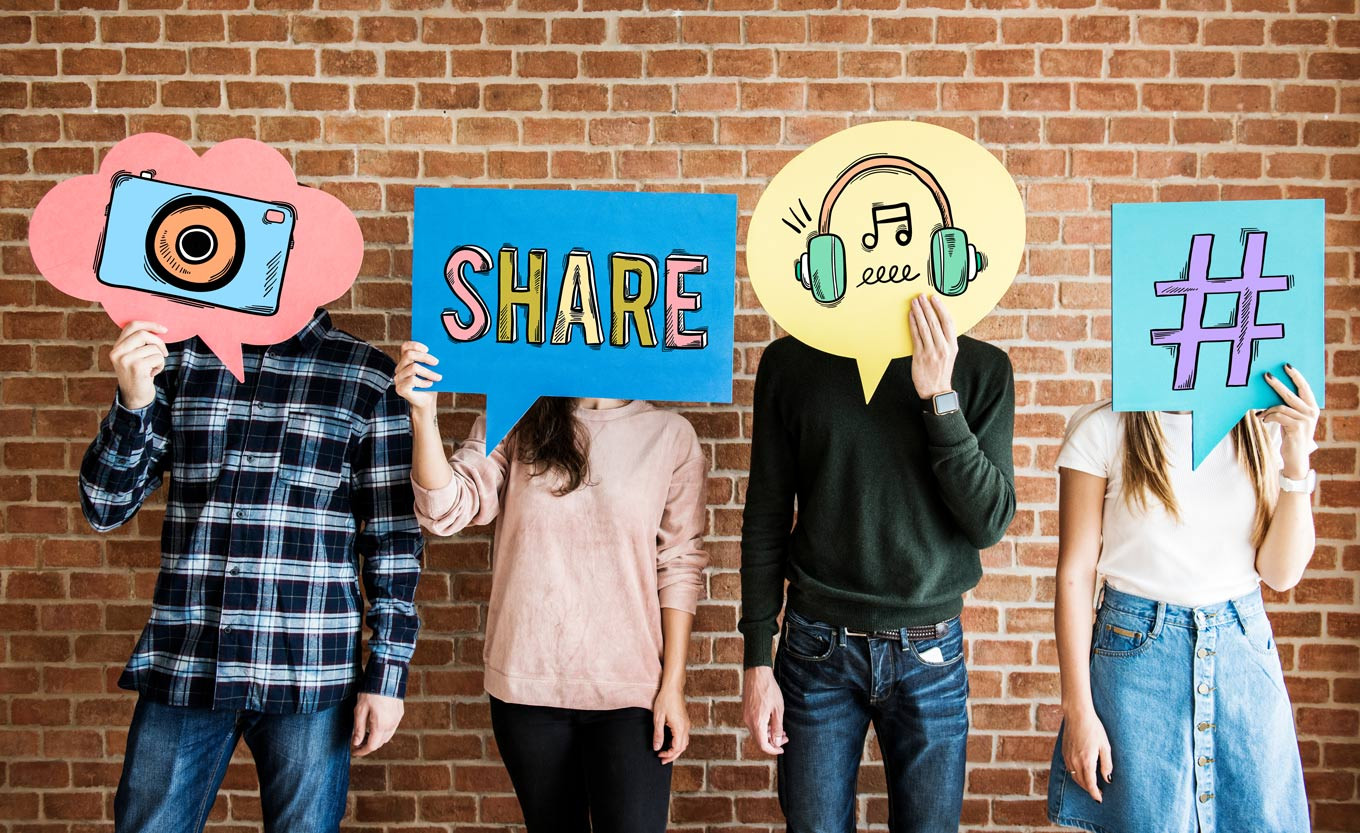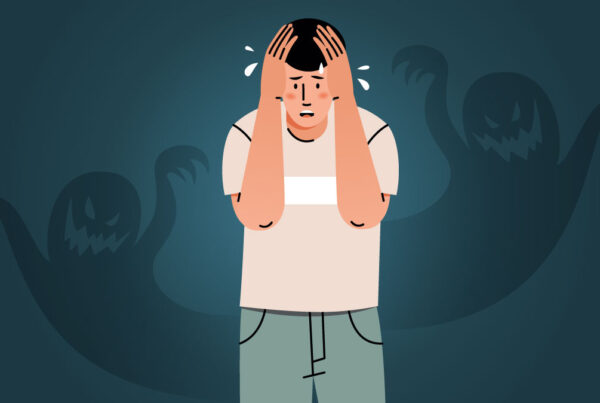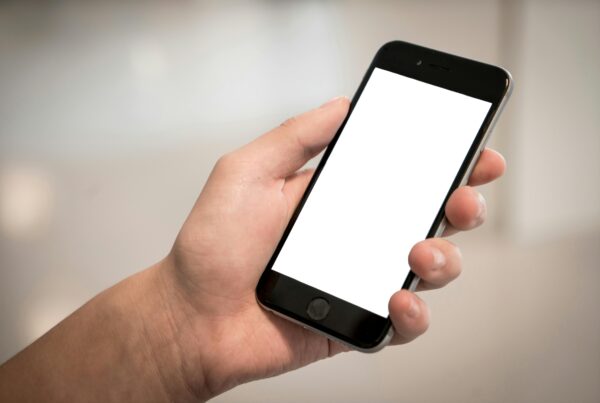In the age of online transparency, it’s become second nature to share our highs and lows with a digital audience. But as timelines fill with raw, emotionally charged content, a new behavior is under the microscope: stress posting—the act of venting anxiety, frustration, or emotional overload in real time on social media.
From emotional tweet threads to unfiltered Instagram rants, stress posting is more than a trend—it’s a digital coping mechanism. But what does it do to our health?
What Is Stress Posting?
Stress posting is impulsive, emotionally driven content created during moments of psychological distress. It often includes:
- Public rants or breakdowns
- Vague but emotional “vent” posts
- Posts seeking validation during mental health lows
- Real-time sharing of traumatic or deeply personal events
While this kind of posting may feel cathartic, mental health experts warn that it can have consequences not just socially, but also biologically.
The Mind-Body Connection: How Stress Posting Affects Health
At its core, stress posting is an external symptom of internal struggle. It’s a behavior driven by stress, which—when chronic or unmanaged—has real physical and psychological consequences.
1. Increased Cortisol Levels
When you’re overwhelmed, your body releases cortisol—the primary stress hormone. The act of stress posting, especially while ruminating or engaging in negative online interactions, can perpetuate this stress cycle. Repeated spikes in cortisol over time are linked to:
- Sleep disturbances
- Weakened immune function
- Weight gain
- Cardiovascular issues
2. Sleep Disruption
Stress posting often occurs late at night when people are alone and emotions peak. Engaging in emotionally intense social media use before bed can:
- Delay sleep onset
- Lead to restless sleep
- Heighten nighttime anxiety
3. Mental Exhaustion and Burnout
Constantly engaging in emotionally charged online behavior can exhaust your mental resources. You’re not just venting—you’re often monitoring reactions, defending yourself, or re-reading your own distress. This can lead to:
- Emotional fatigue
- Mood instability
- Depressive symptoms
4. Social Strain and Isolation
Stress posting may alienate friends, followers, or colleagues—especially when it’s frequent or perceived as dramatic. This feedback loop can increase feelings of shame or rejection, amplifying mental health struggles and reducing perceived social support.
Why Do We Turn to the Internet When We’re Hurting?
Dr. Carla Mitchell, a digital mental health researcher, explains:
“Stress posting is often a cry for validation and visibility. When someone is struggling and feels they have nowhere else to turn, a social media post can feel like a lifeline—even if it’s temporary.”
In many cases, individuals stress post because they lack access to real-time support. But turning to a digital audience for help can backfire if the response is apathetic, judgmental, or non-existent.
Digital Coping or Digital Dependency?
There’s a fine line between healthy expression and online overdependence. When social media becomes the primary way we process pain, we may begin to outsource our emotional regulation to algorithms and strangers.
Signs of unhealthy digital stress coping include:
- Compulsive need to post when upset
- Obsessively checking likes or comments for reassurance
- Regret or shame after emotional posting
- Neglecting real-life coping tools (journaling, therapy, conversation)
Healthier Ways to Manage Stress Online
If you notice a pattern of stress posting in your own behavior, you’re not alone—and there are better tools to manage emotional overwhelm:
- Pause before posting: Create a 10-minute rule to let emotions cool down before hitting “share.”
- Private venting tools: Try apps like Daylio, Bear, or simple journaling to offload thoughts safely.
- Set digital boundaries: Avoid doomscrolling or posting late at night when you’re more emotionally vulnerable.
- Talk it out: Text a friend or schedule a therapy session instead of relying on the crowd.
Stress posting isn’t inherently bad. In some cases, it can spark support, raise awareness, or even save lives. But when it becomes habitual, it can chip away at mental and physical health. Like stress itself, it deserves to be acknowledged—not indulged.
Taking care of your health in the digital age means knowing when to share, when to step away, and when to seek deeper, more personal forms of healing.
Because sometimes, the most powerful thing you can do for your health isn’t to post—it’s to pause.



